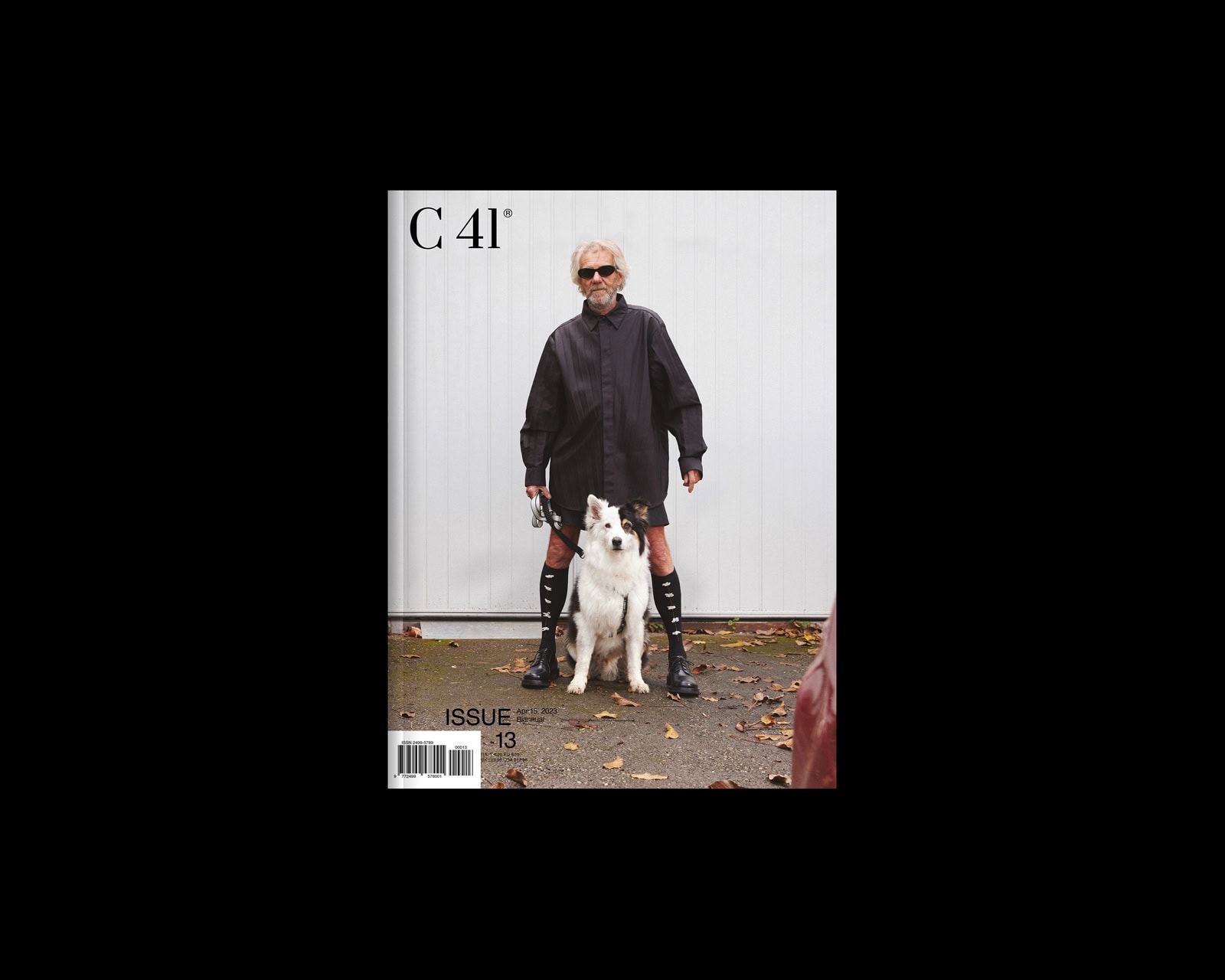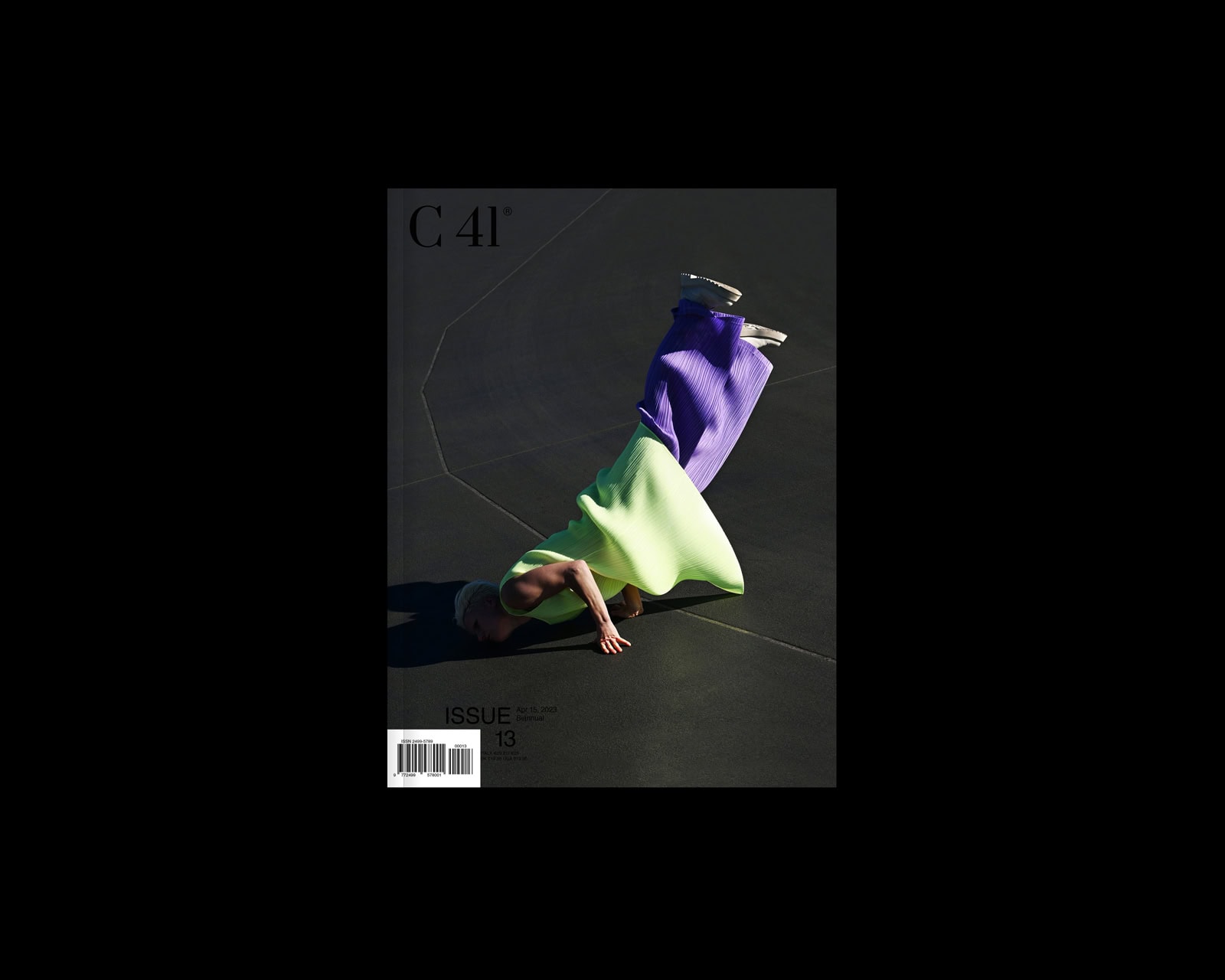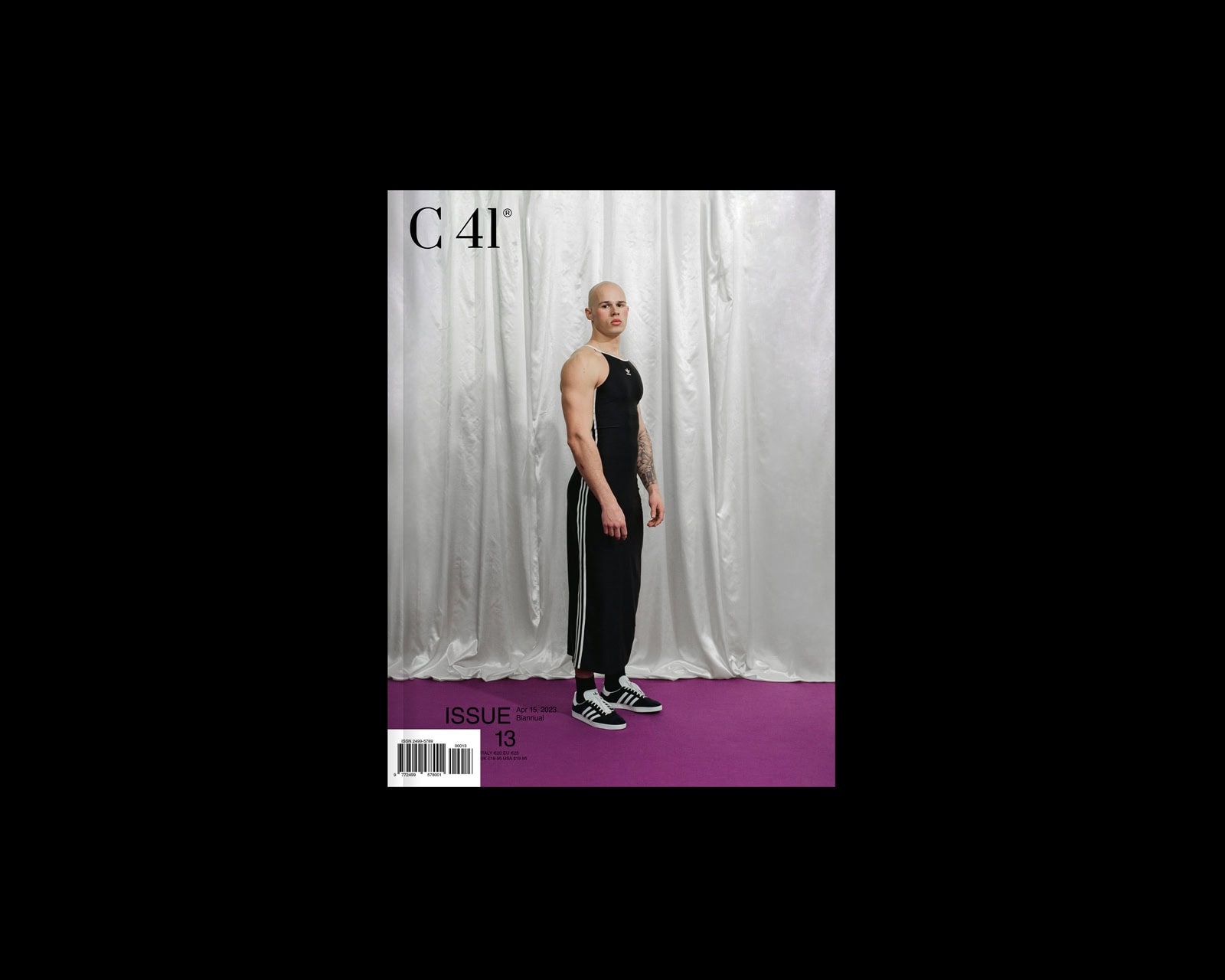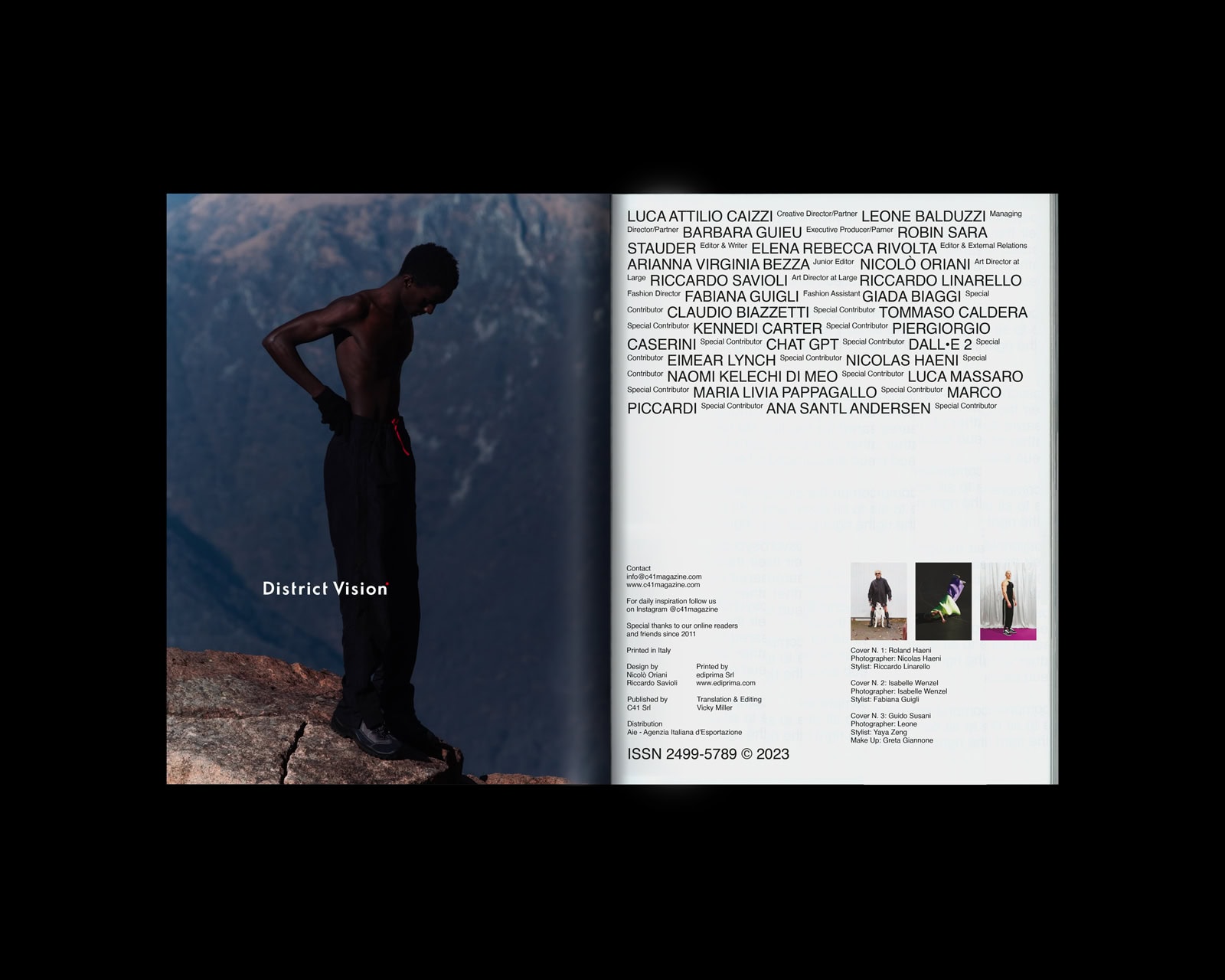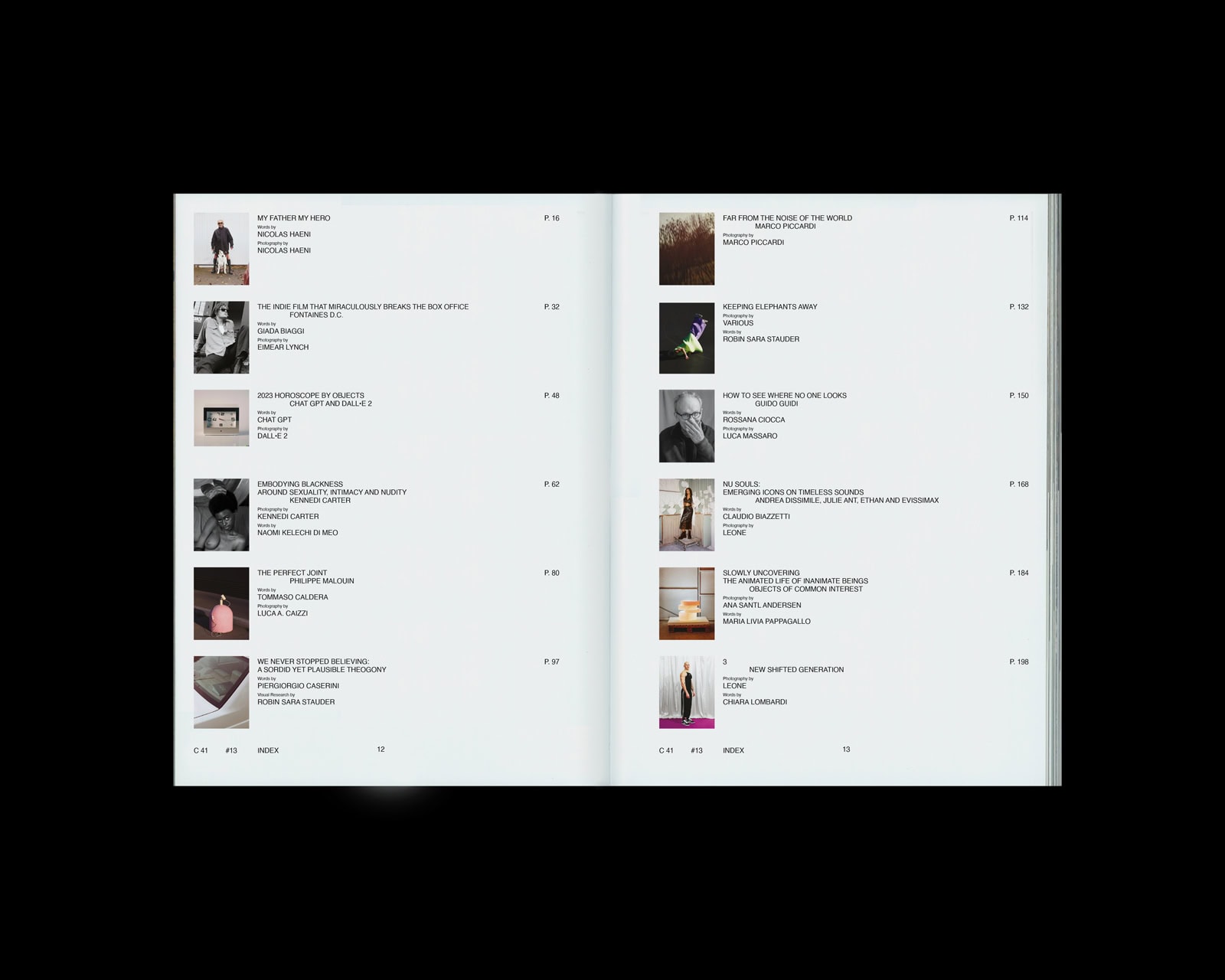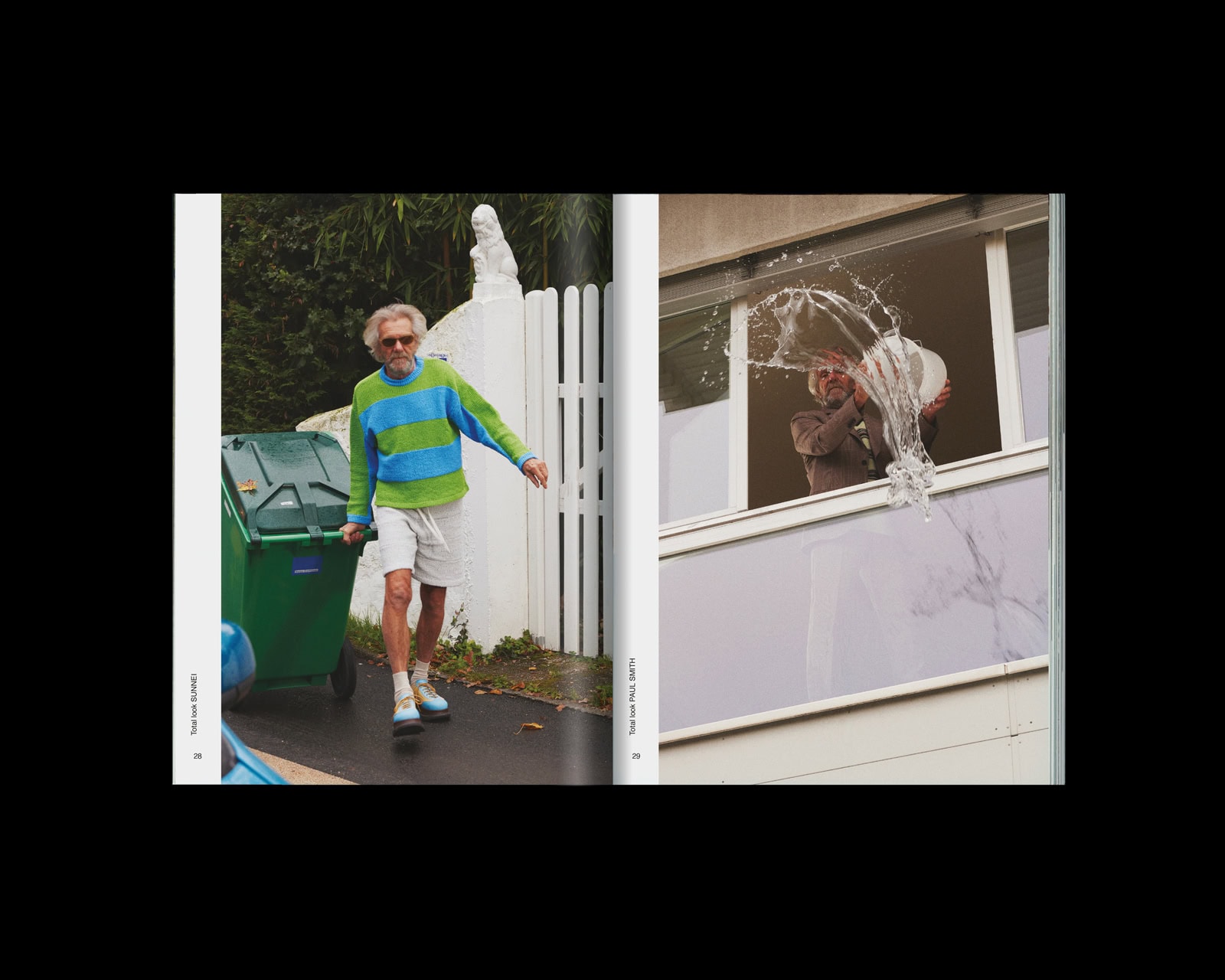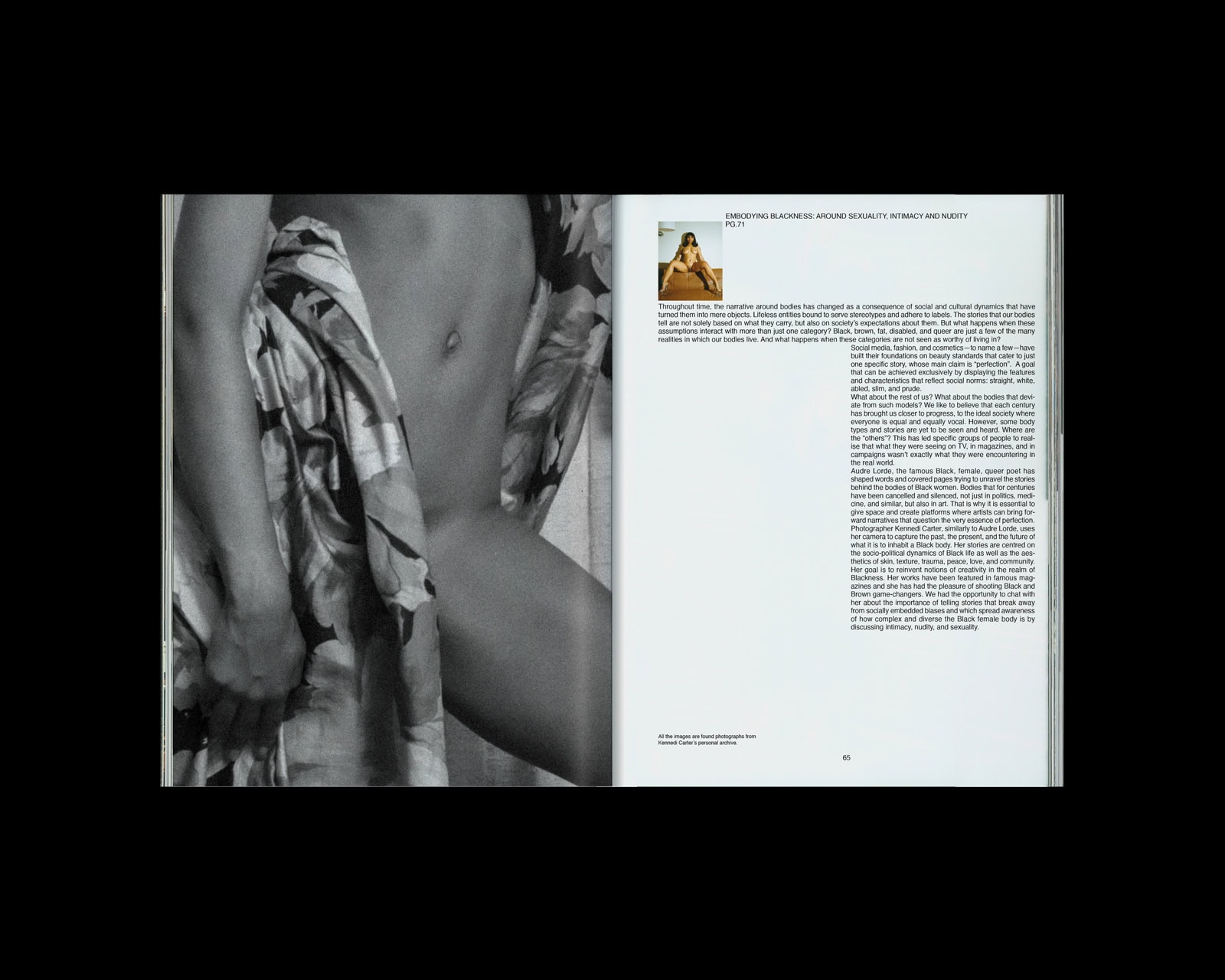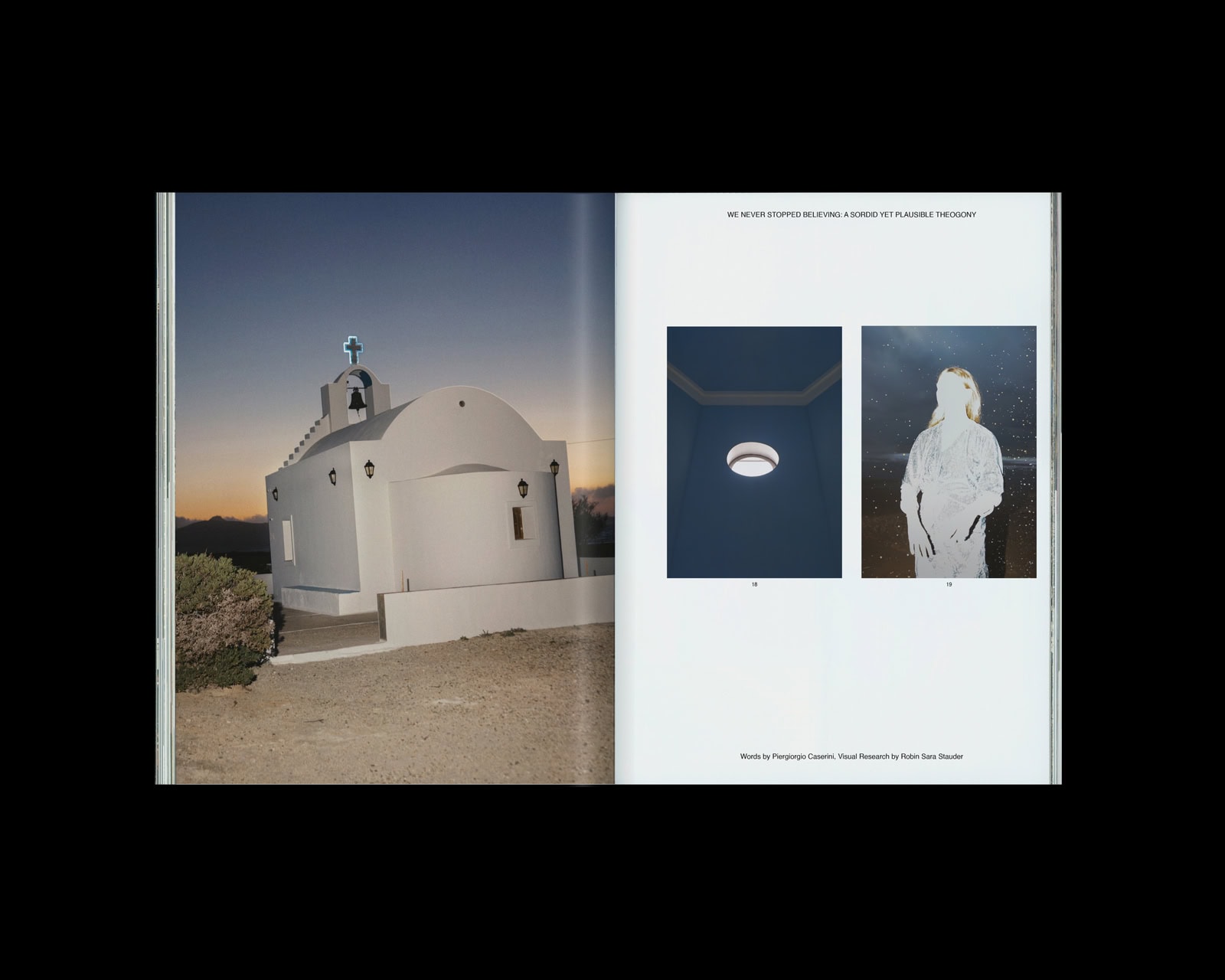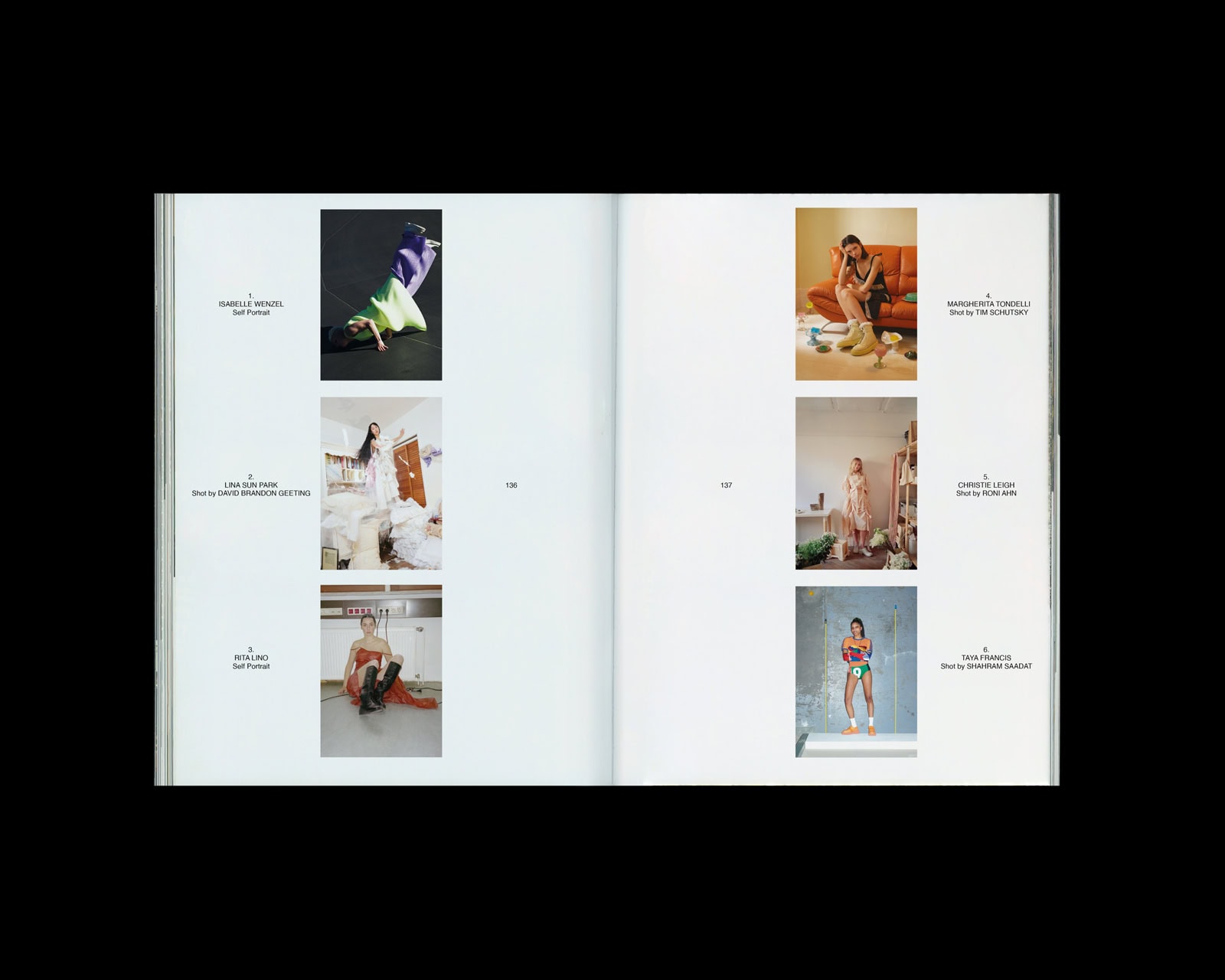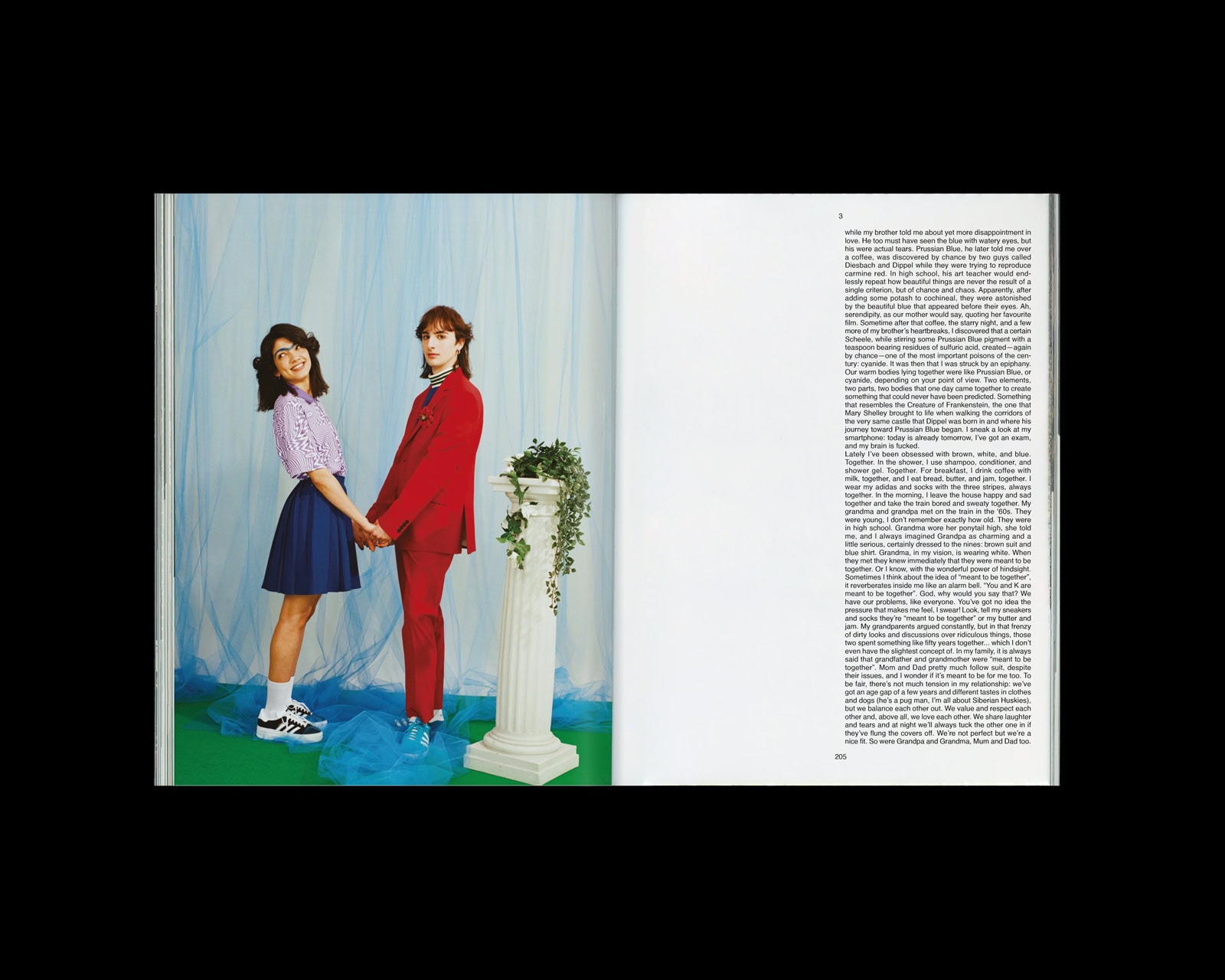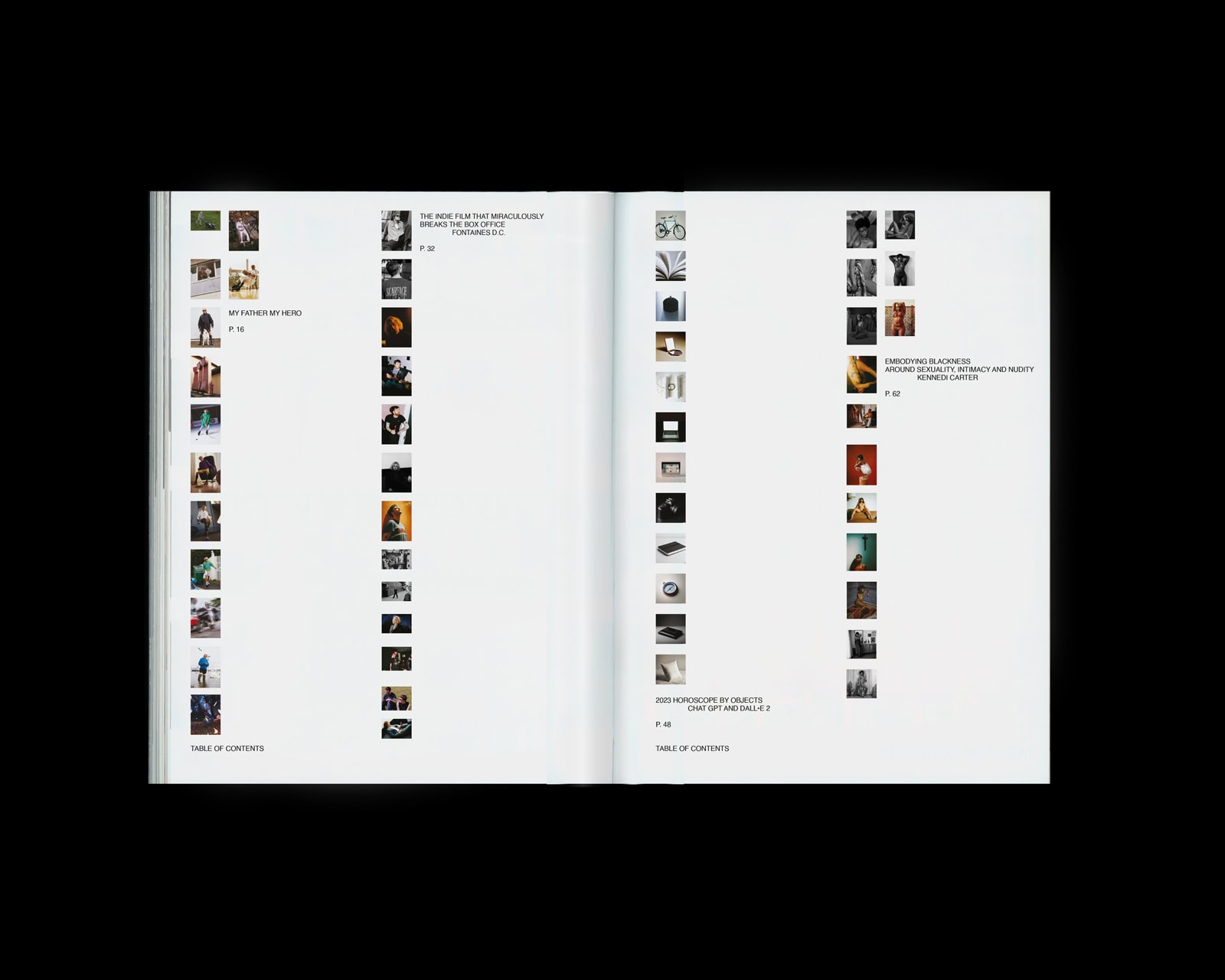Men have always needed to believe in something. It is what gives an order to the chaos of existence. Having outgrown traditional religions, in favour of increasingly widespread atheism, new forms of belief are emerging, that similarly dominate our lives. That’s what we mean by contemporary mythologies. Some are positive reference points that guide our lives, while others become real cages. At a time when there seems to be nothing left to believe in, what are the myths we still cling to?
“We have mythology to blame—with its fascinating characters and their stories—if the expressive forms of contemporary culture speak a universal and timeless poetic language, stereotypical of the lateral thinking of those who let themselves be inspired and intrigued but then decide to do things their own way. The legends of heroes with their extraordinary feats and remarkable abilities or myths of the mystery power of nature are to blame if we no longer need to identify with something or believe in anything. I accept that I will never be able to run the 100 metres in 9.58 seconds! I’ll just stop thinking about it. I’ll give up because this brilliant idea will certainly have occurred to somebody else or—even better—to artificial intelligence.
Who is to blame for this distance that chills the spirits? The successful, the finite and the beautiful discourage any inclination to try in favour of the torpor imposed by the impossible. “Unhappy is the land that breeds no heroes”, states Bertolt Brecht in his play Life of Galileo. Why place all our faith in Batman to save Gotham City?
We no longer wish to be at the service of the heroes, we wilfully ignore the significance of deus ex machina. We wish to be represented by something we trust, no matter if it’s bursting with inaccurate ideas or circuits and resistors. We want to know normal because normal won’t rob us of our desire to do and because it is approachable, comprehensible, and surmountable. Whichever way you look at it, every society revolves around three figures: the sage, the saint, and the hero. Who’s to blame for that?”
